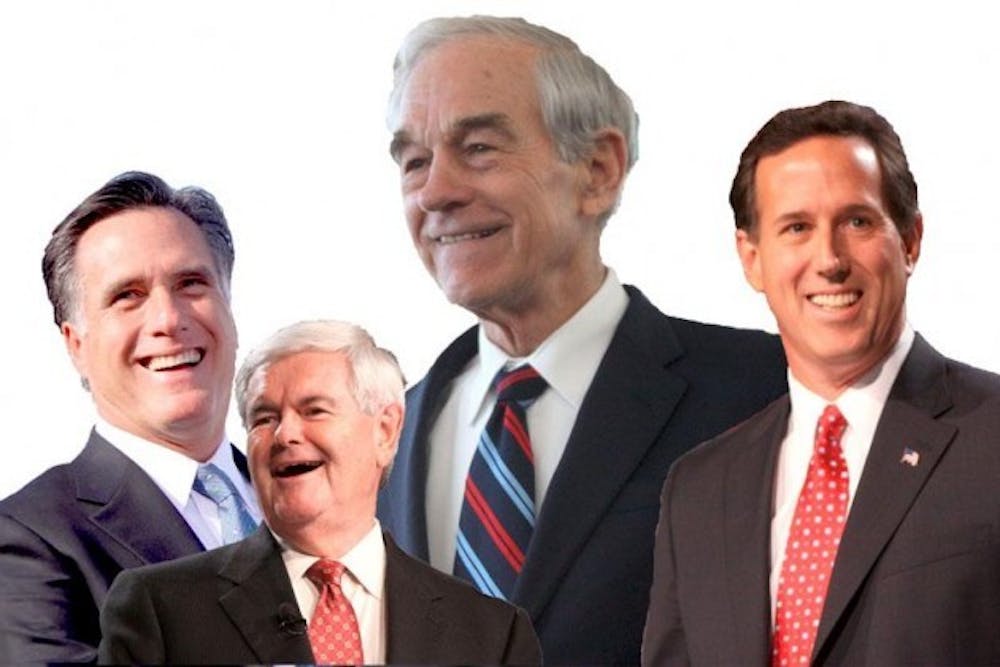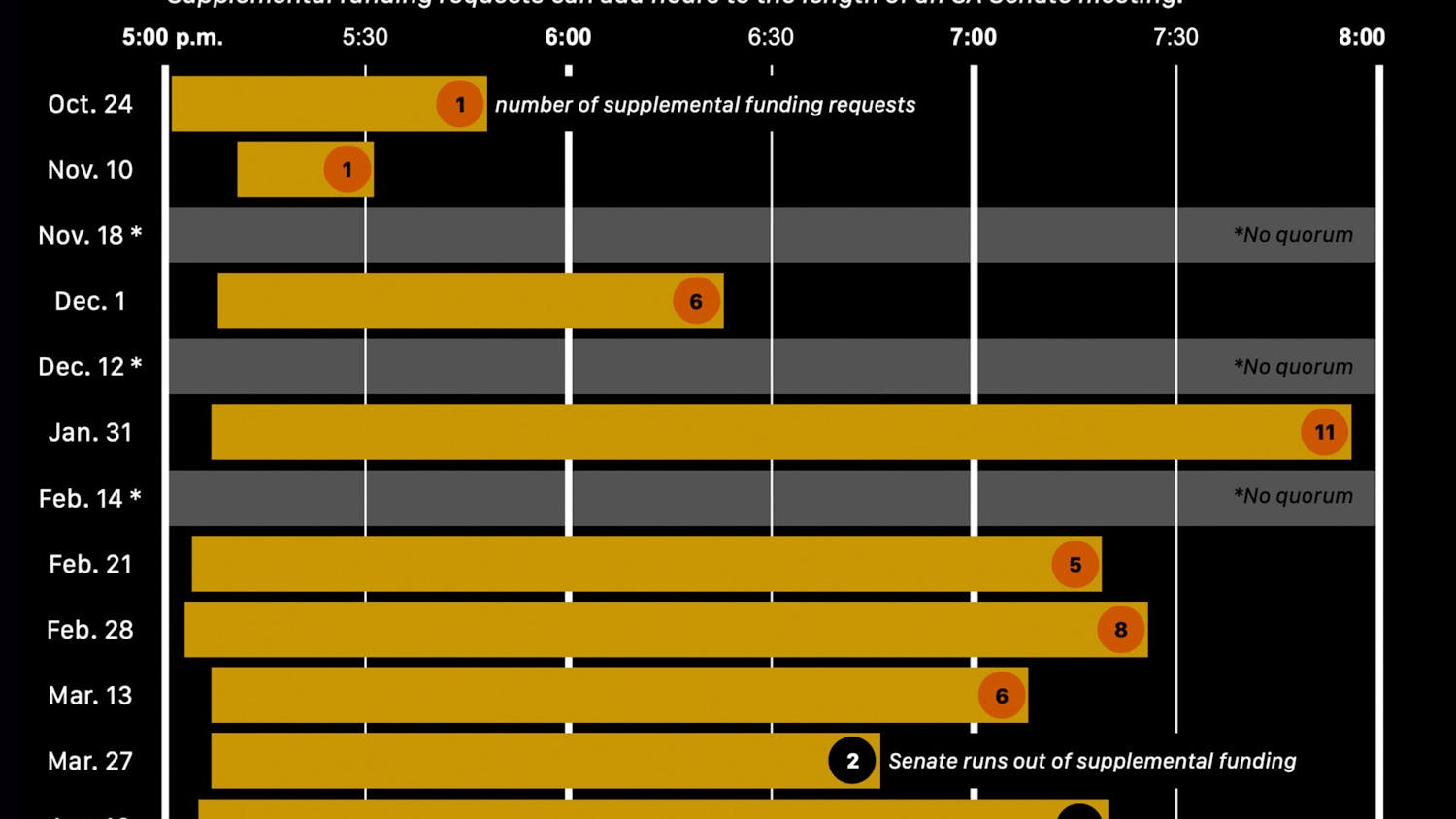The race for who will try and defeat President Barack Obama on Election Day once included 10 candidates. On Thursday, that number shrunk to four when Texas Governor Rick Perry withdrew from the race for the Republican nomination.
The remaining candidates – frontrunner Mitt Romney, Ron Paul, Newt Gingrich, and Rick Santorum – will compete in the important South Carolina primaries on Saturday, hoping to win votes and delegates crucial to securing the nomination.
South Carolina is the third state to participate in the nomination system of primaries and caucuses. The previous two – Iowa, where it took a recount for Santorum to barely edge Romney, and New Hampshire, where Romney won in a landslide – participated earlier this month.
Romney, the former governor of Massachusetts, has already built an impressive lead in terms of overall votes and delegates, and he is considered by many pundits to have the best chance of defeating Obama. But he has struggled to unite the Republican Party and energize hard-line conservative and evangelical voters, many of whom see him as too moderate and suspect him of being a "flip-flopper."
Dr. James Campbell, chair of UB's department of political science, thinks that even if Romney wins again in South Carolina, the race isn't over yet.
"At this point, there's no consolidation of the opposition to Romney, so the conservative vote is still split a number of ways," Campbell said. "So once the contest among…Gingrich and Santorum is resolved, if it is at some point, then I think we'll have a head-to-head match between Romney and the non-Romney conservative candidate, and it won't really be settled until that point."
Upon dropping out of the race on Thursday, Perry endorsed Gingrich, who Campbell said had an "excellent performance from a conservative standpoint" in Monday's debate in Myrtle Beach, S.C.
"This is part of the consolidation of the anybody-but-Romney vote," Campbell said.
Perry is the latest Republican to drop out of the race after several other prominent candidates did in the past two months. Businessman Herman Cain, Minnesota congresswoman Michele Bachmann, and, more recently, former Utah Governor Jon Huntsman all called it quits after previously enjoying brief moments in the spotlight. Huntsman withdrew on Monday.
"Huntsman leaving the race will help the non-Romney candidates, since Huntsman appealed to that group to begin with," said Tim Van Oss, president of the UB College Republicans, in an email. "Gingrich did particularly well in [Monday's debate]; he may be able to snag those supporters."
Van Oss said the College Republicans haven't thrown their weight behind any one candidate.
"As a rule, the College Republicans are open to any candidate in the primary," Van Oss said. "We don't endorse any candidates, and actually, we don't really campaign for anyone, either. The club is a forum for Republican ideas."
The Republican candidate with the most support among young people is Paul, a Texas congressman whose libertarian stance differs starkly from both Democrats and Republicans on many issues. He is in favor of legalizing drugs like marijuana, ending the Federal Reserve, and immediately bringing U.S. soldiers home from overseas.
"I think [Paul] is a very philosophical candidate, and kind of an idealist," Campbell said. "If you had to rate the presidential candidates from most realistic to most idealistic, he'd be well over on the idealistic side of the scale. And I think younger voters have always been inclined in that way."
As the drama unfolds on Saturday, Republican voters in New York will have to settle for watching instead of participating. New York's primary isn't until April 24, and it is more than likely that the Republican nomination will be settled by then. Campbell thinks there could be a better way to get all American voters involved in the process.
"I think it's a lousy process," Campbell said. "It's a terrible process. It's completely chaotic, and this is an area of our system that needs to be thought through more carefully. But you also have to get states to agree to a more coherent system."
Making things interesting, as usual, is political satirist Stephen Colbert, who plays a caricature of a conservative political pundit on television. Colbert announced on Monday that he was "forming an exploratory committee [Mitt Romney used the same words] to lay the groundwork for my possible candidacy for the president of the United States of South Carolina."
As candidates are not allowed to coordinate with Super PACs, even the ones in support of them, Colbert also signed control of his satirical Super PAC – "Americans for a Better Tomorrow, Tomorrow" – to Jon Stewart, who renamed it "The Definitely Not Coordinating With Stephen Colbert Super PAC."
When asked whether Colbert's name would appear on the ballot in South Carolina (after further investigation, it won't), Campbell said he didn't know.
"I follow real politics," he said.
Email: news@ubspectrum.com





